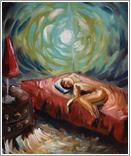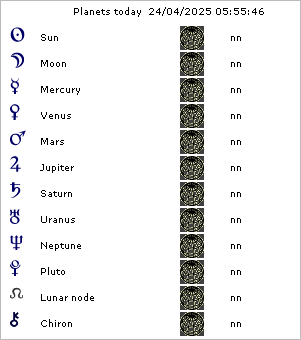|
Dreams
Dreams guide and illuminate us
They accompany us, inform us, anticipate what our conscience understands, and this is because they come from that part of us that knows who we are and what we really must become
Dreams: the teachers of our lives
The dreams contain flashes of intuition able to help us solve our problems more effectively even in regard to our slow and lazy reasoning, and reveal some of our characteristics to us that surprise us and sometimes disturb us.
Dreams: our principal relationship model with our unconscious
Dreams – stated Aldo Carotenuto – are a route that is useful to find an unexplored continent: the unconscious
The unconscious and dreams
Dreams leave you perplexed, hesitant. Human beings sense that they have a depth that is not possible to find when you are awake. Dreams have a different time, an inner, privileged time
The opinion of Freud and Jung about dreams
In Jung’s psychology dreams are seen as being - of - revealing - and this is in antithesis with Freudian psychology that was sees them as a veil over contents.
Dreams in therapy
A dream can be used to treat people because it can lead to the conscience through symbols, the energy that supports and justifies an individual’s life, also showing models that are the conscious, making what was previously hidden evident.
Recurring dreams
Recurrent dreams are important for our psychic life because they push us to pay attention to something in depth that happens in the darkness of our being
|
 |
|



